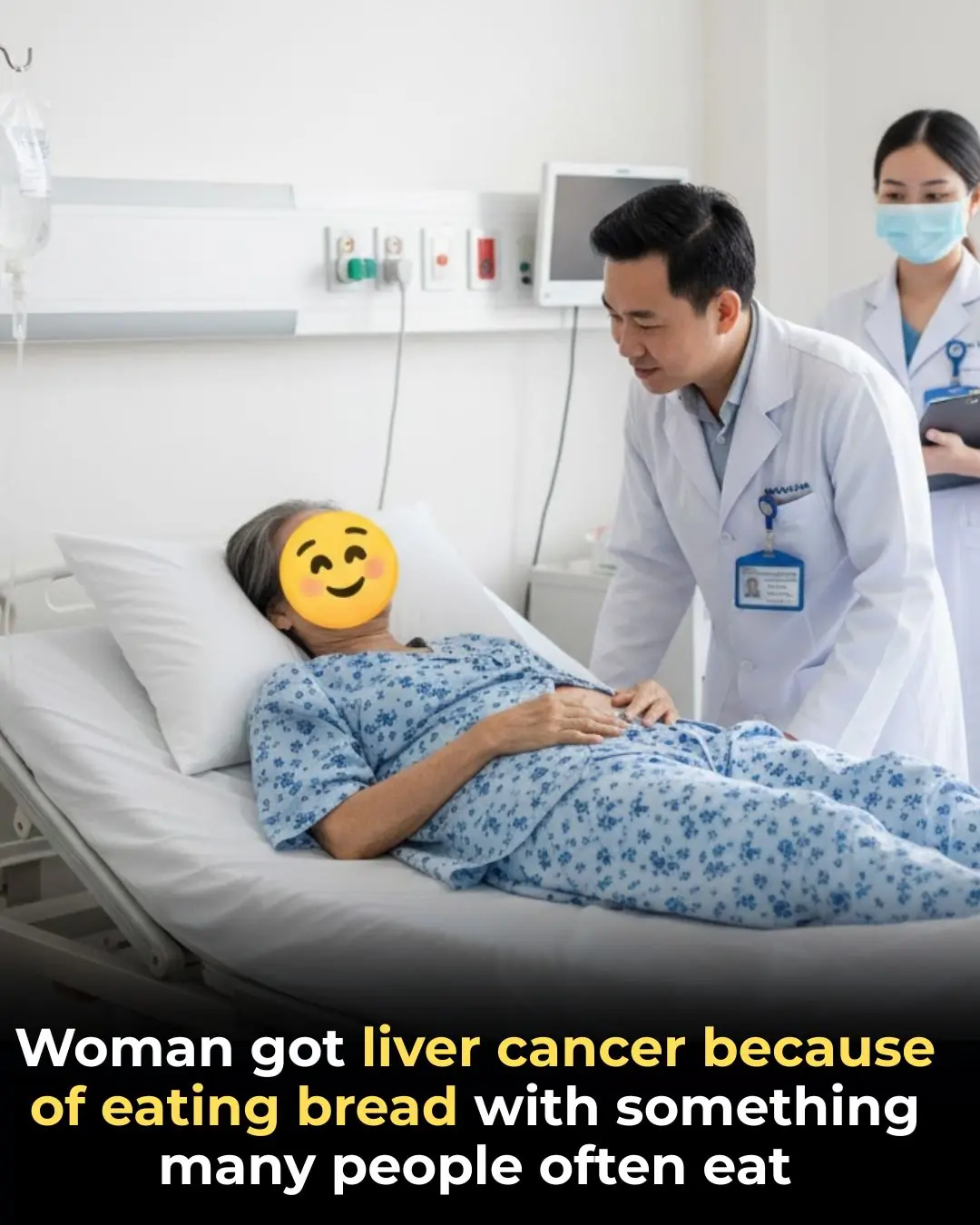
7 Early Warning Signs of Stomach Cancer Everyone Should Know Before It Spreads
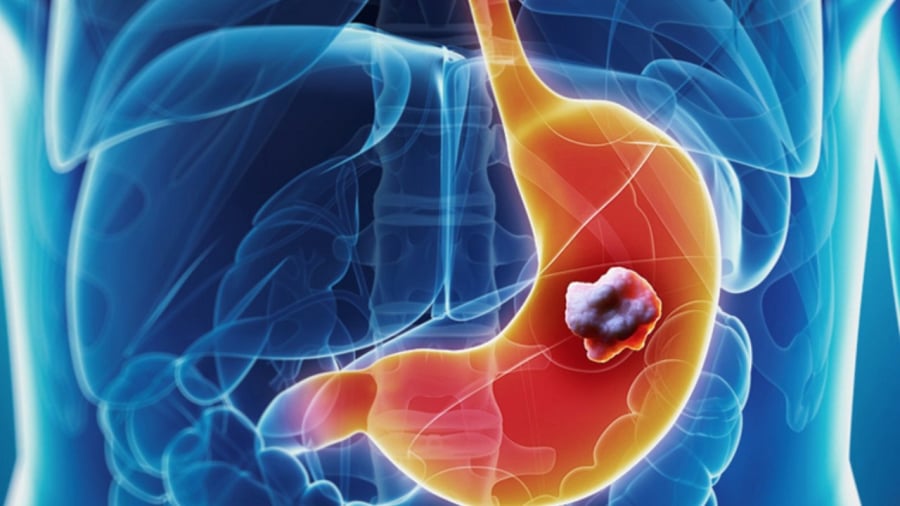
Stomach cancer is becoming increasingly common, yet many people ignore the early symptoms, mistaking them for ordinary gastric discomfort or peptic ulcers. By the time the pain becomes unbearable and they finally see a doctor, the disease may have already progressed to an advanced stage.
Recognizing early symptoms is crucial, as stomach cancer can be aggressive and may spread (metastasize) to other organs if not detected promptly. Below are seven early warning signs that should never be overlooked.
1. Unusual or Persistent Stomach Pain
One of the earliest symptoms of stomach cancer is abdominal pain. Studies suggest that nearly 70% of early-stage patients experience symptoms such as bloating, fullness, or discomfort in the upper abdomen.
This pain often becomes more noticeable when the body is at rest, especially at night when lying down. While occasional stomach pain is common, persistent or recurring discomfort—especially without a clear cause—may signal a deeper problem.
2. Frequent Heartburn and Indigestion
Regular episodes of heartburn, acid reflux, or post-meal bloating may initially seem like signs of gastroesophageal reflux disease (GERD). However, these symptoms can also indicate early-stage stomach cancer.
People who suffer from chronic heartburn are at higher risk for gastric issues, including ulcers and, in severe cases, cancer. If indigestion occurs frequently even when dietary habits haven’t changed, it is worth paying close attention.
3. Loss of Appetite and Aversion to Food
Long-term gastritis or stomach ulcers often affect the body’s appetite control. In the beginning, patients may feel disinterested in food or lose the desire to eat even when hungry.
If this loss of appetite continues and is accompanied by other symptoms, it may signal the development of a more serious condition such as stomach cancer. Early recognition is essential because appetite changes are often subtle and easily dismissed.
4. Changes in Stool Appearance
Internal bleeding in the stomach can cause noticeable changes in bowel movements. Patients may observe:
-
Stool mixed with blood
-
Stool that appears dark, tarry, or black
These changes suggest upper gastrointestinal bleeding, which can occur when cancerous lesions irritate or erode the stomach lining. Any unusual or persistent changes in stool color or texture should be evaluated by a doctor.
5. Sudden or Unexplained Weight Loss
Rapid weight loss without dieting or increased physical activity is a common red flag for many types of cancer, including stomach cancer.
Because patients often lose their appetite and struggle to consume enough nutrients, the body begins to break down muscle and fat quickly. If weight loss occurs along with fatigue, digestive issues, or other symptoms on this list, it should be taken seriously.
6. Constant Fatigue and Weakness
Cancer cells consume a large amount of the body’s energy, which can leave patients feeling constantly tired or weak.
In stomach cancer, fatigue may be caused by:
-
Poor nutrient absorption
-
Chronic internal bleeding leading to anemia
-
The body’s immune response to tumor growth
Persistent weakness—especially if it worsens over time—is a sign that the body is under significant stress.
7. Vomiting Blood
Vomiting blood is one of the most alarming symptoms associated with stomach cancer. Patients may first experience nausea or stomach discomfort, which later progresses to vomiting with traces of blood or dark, coffee-ground–like material.
This symptom indicates that the stomach lining may be damaged or bleeding internally. Immediate medical evaluation is essential, as this could be a sign of advanced disease or other serious gastric conditions.
When to Seek Medical Help
While these symptoms may also occur in non-cancerous conditions, experiencing several of them at the same time—especially over a prolonged period—requires prompt medical attention. Early diagnosis dramatically improves treatment outcomes and reduces the risk of cancer spreading to distant organs.
News in the same category


Grow a Lemon Tree From Seeds — No Cost, No Effort, and Fresh Lemons Whenever You Want
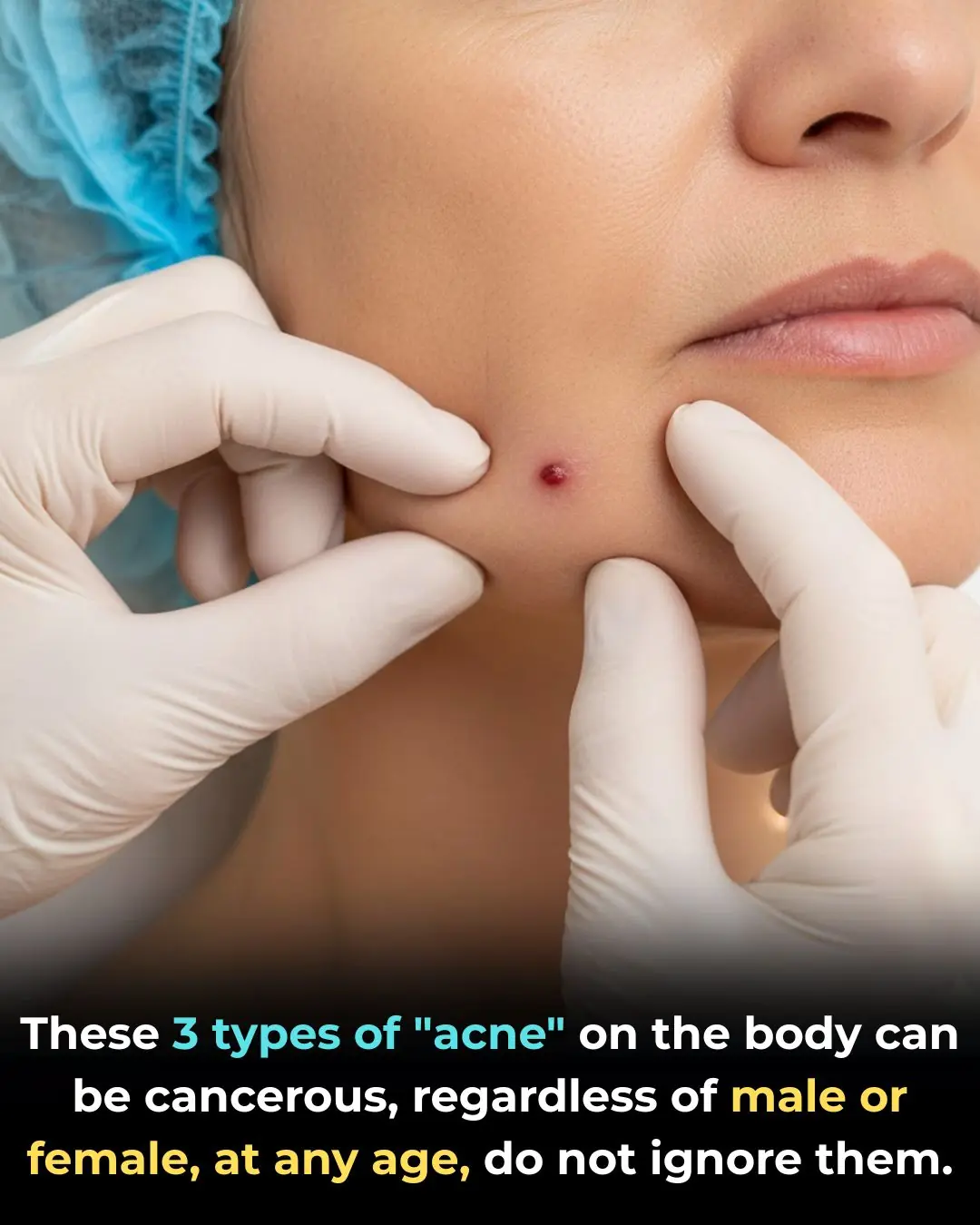
Three Types of “Lumps” on the Body That May Indicate Cancer — A Warning for Both Men and Women of All Ages

Why should you drop a clove of garlic into the toilet at night?

4 ways to boil chicken without water

Rice water is like gold in the house if you know how to use it for these things

I Just Discovered the Benefits of Hanging a Bottle Cap on a Keychain

4 Dangerous Mistakes When Using an Air Fryer: Risks of Food Poisoning, Cancer, and Fires

Lady places cup of vinegar into microwave. Here’s the genius reason why

I had no idea this was a thing

6 ways to use wind oil to help repel mosquitoes extremely well

10 odd home fixes you’ll wish you learned years ago

12 weird but genius ways to unclog things naturally

Put borax on wax paper and slide it under fridge. Here's why

How to Grow Cucumbers in Pots for Heavy Harvests All Season Long

How to make steamed pears with rock sugar is both delicious and nutritious
Let’s take a look at some tips to help keep your kitchen space clean and free of unpleasant odors.

Drinking Roasted Black Bean and Ginger Tea for 7 Days Brings 3 Major Health Benefits

Never Clean Your Light Switches with Water — Here’s a Safe Trick to Make Them Look Brand New
News Post

Prince Harry’s sad comments about ‘tainted’ relationship with Caroline Flack

Too Friendly for Police Work, Perfect for Your Home: Adopt Former Service-Dog Trainees

Strictly backlash as Carlos Gu accused of ‘fake’ crying after judges’ comments to partner Karen Carney

Stem Cell Breakthrough Restores Natural Vision by Regenerating Damaged Corneas

Worried Pete Wicks’ surgery fears amid secret health condition he’s had for years
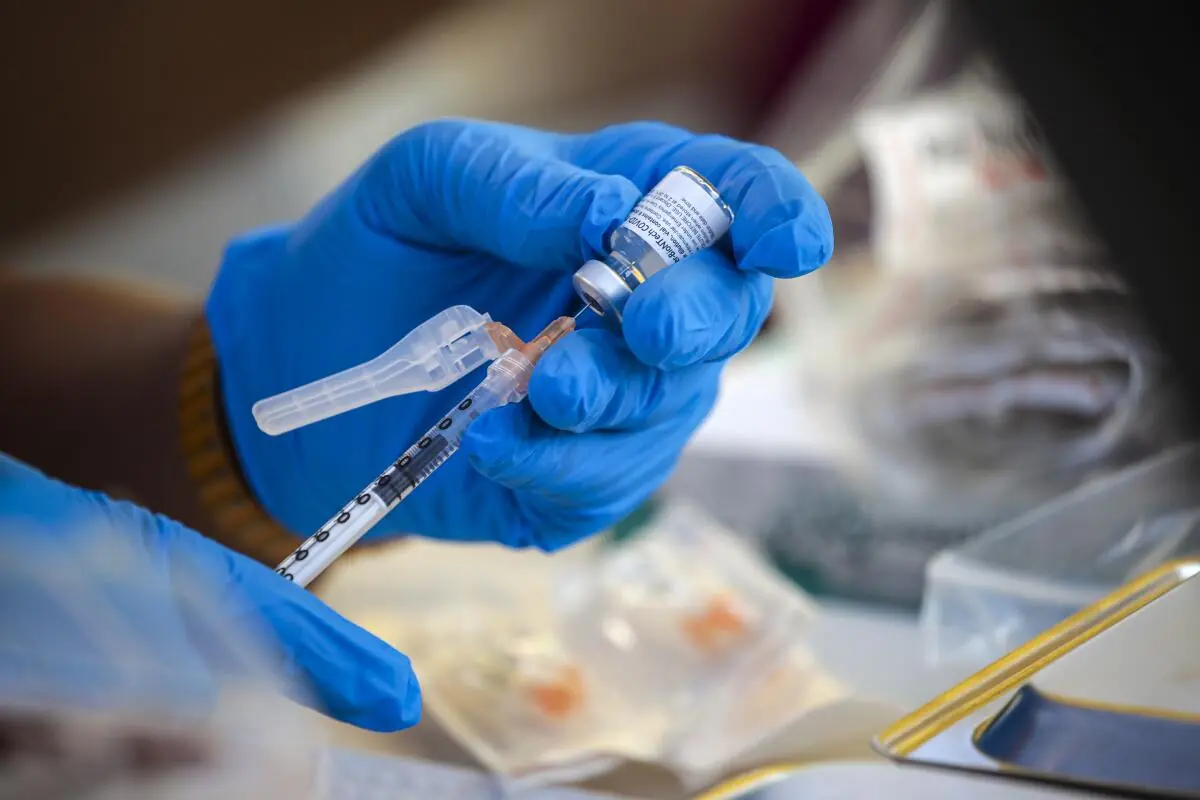
COVID-19 Infection Poses Far Greater Health Risks Than Vaccination – New Large-Scale Study Confirms
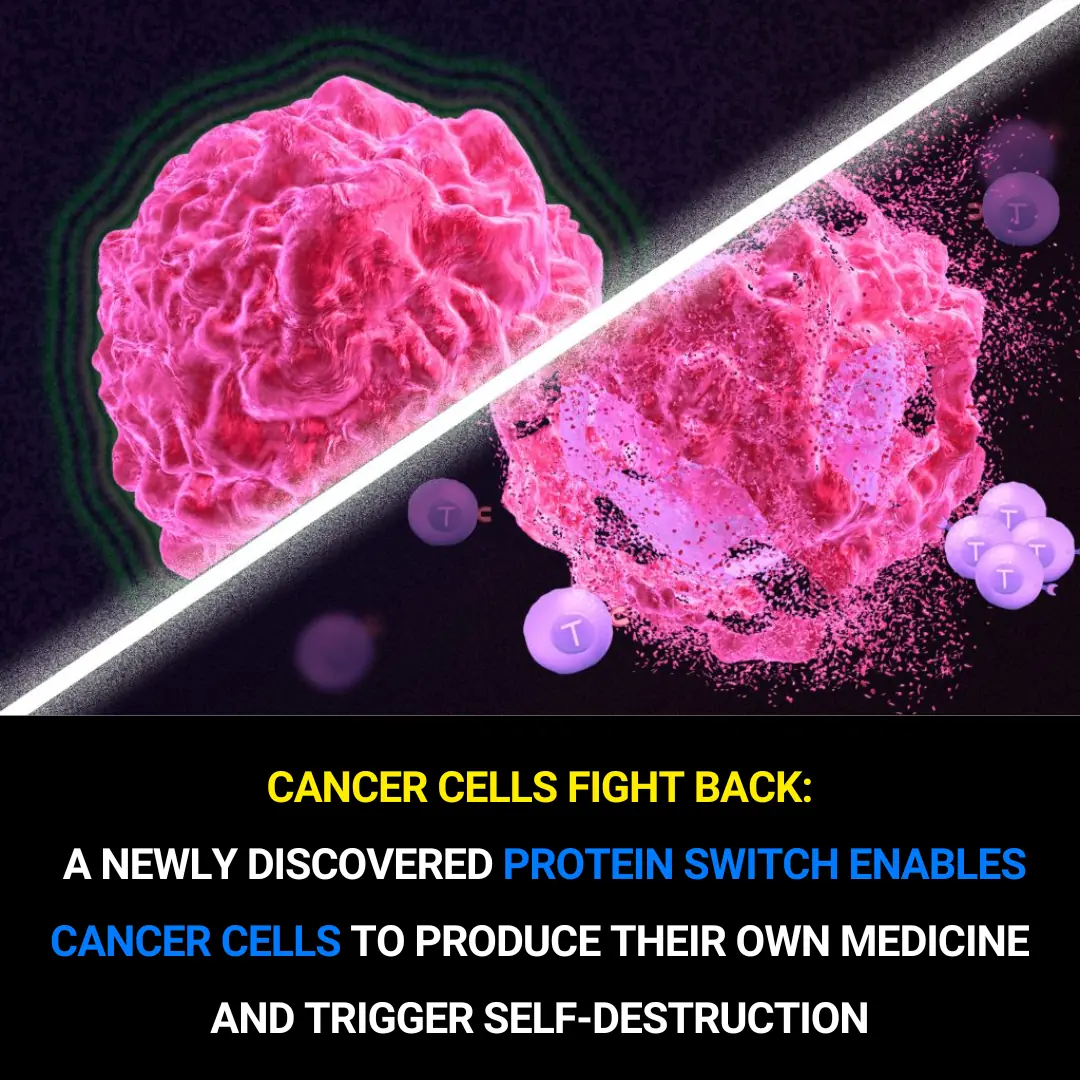
A Newly Discovered Protein Switch Could Transform Cancer Treatment

Inside Lee Mack’s marriage with rarely-seen wife Tara – from ‘friction’ at home to son who appeared on his BBC show
Angus T. Jones, Who Played Jake Harper, Left The Show “Two And A Half Men” 9 Years Ago – This Is Him Today
When Nighttime Leg Cramps Become a Concern
Nadya Suleman, A Mom Of Octuplets Celebrates Their 15th Birthday
If You See A Bent Tree In The Forest, Start Looking Around Immediately
Scientists Discovered A Sinkhole 630 Feet Underground In China Known As “Heavenly Pits”
Why Drivers Over 70 Face New Rules Nobody Saw Coming
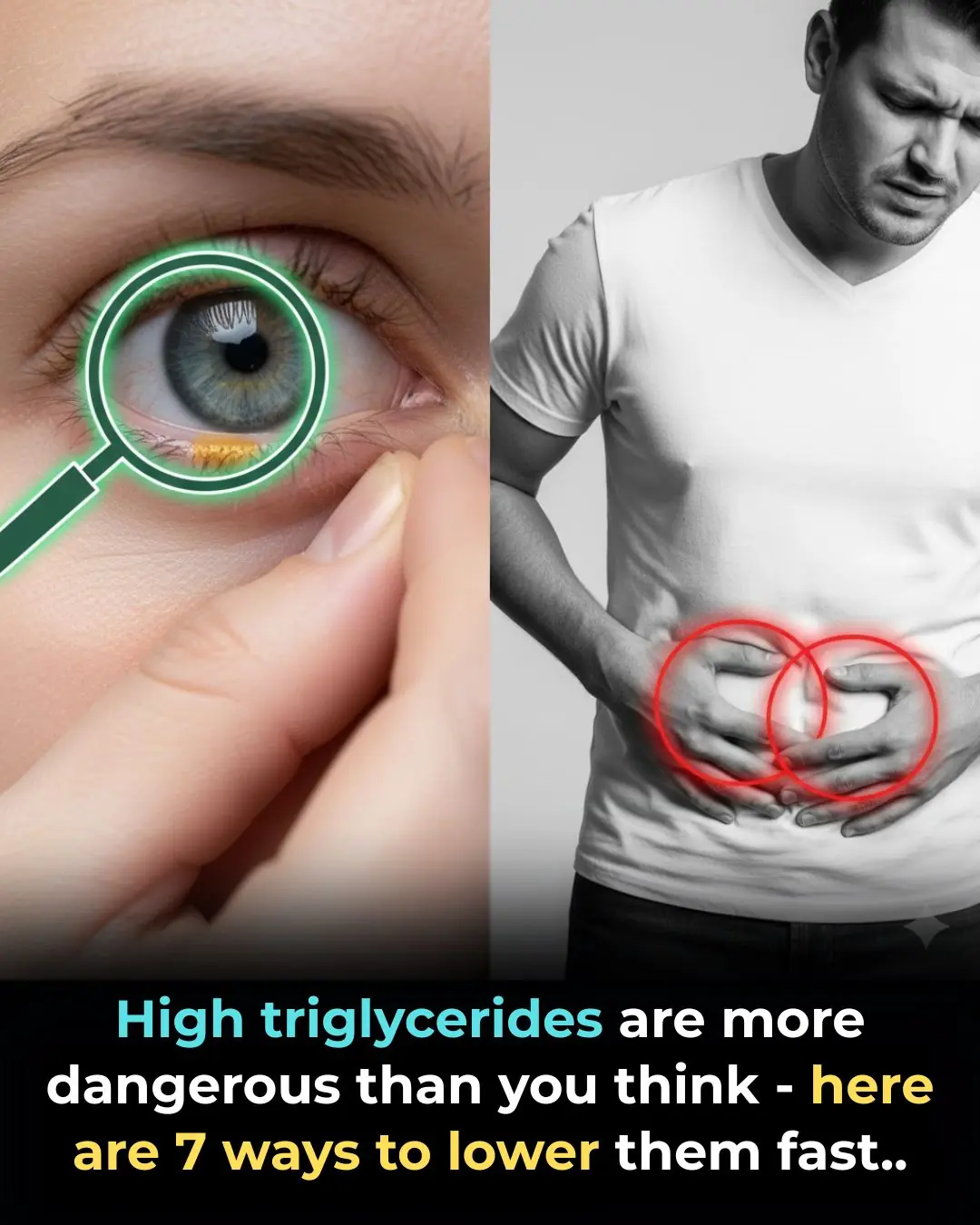
7 tips to eliminate dangerous blood fat

Top 3 Foods to Prevent Leg Cramps in Seniors: Strengthen Your Legs Naturally!

Richard Gere reveals what he misses most after ditching the US for Europe

HBCU Prospects and Atlanta Culture Took Center Stage at MLB All-Star Weekend

Comedian Jeff Dye joins Hollywood exodus, says Newsom ‘scares the s–t out of me’
